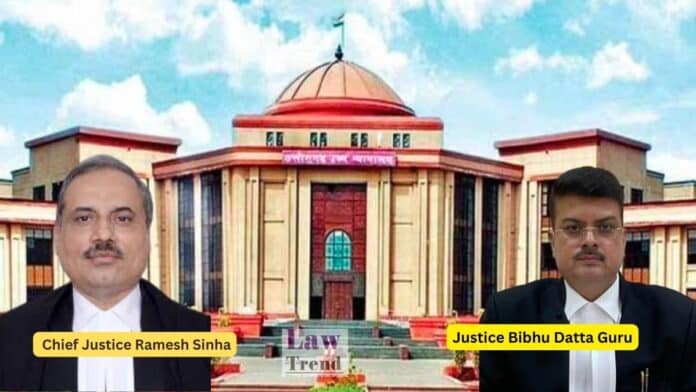The High Court of Chhattisgarh on July 21, 2025, dismissed a criminal appeal seeking bail for three individuals accused of involvement in a fatal IED blast that killed an Indo-Tibetan Border Police (I.T.B.P.) constable. A Division Bench of Chief Justice Ramesh Sinha and Justice Bibhu Datta Guru upheld a Special NIA Court’s order, ruling that
To Read More Please Subscribe to VIP Membership for Unlimited Access to All the Articles, Download Available Copies of Judgments/Order, Acess to Central/State Bare Acts, Advertisement Free Content, Access to More than 4000 Legal Drafts( Readymade Editable Formats of Suits, Petitions, Writs, Legal Notices, Divorce Petitions, 138 Notices, Bail Applications etc.) in Hindi and English.




